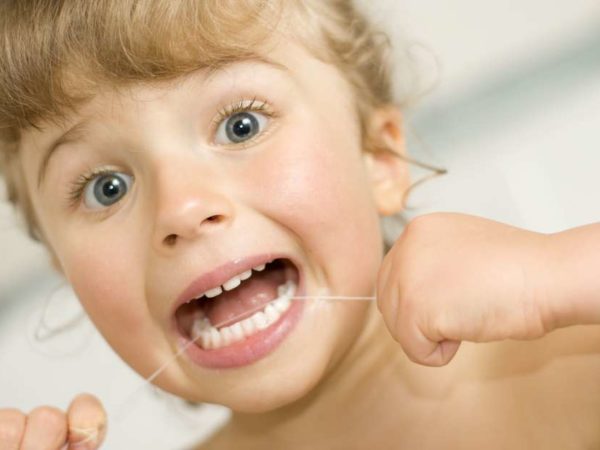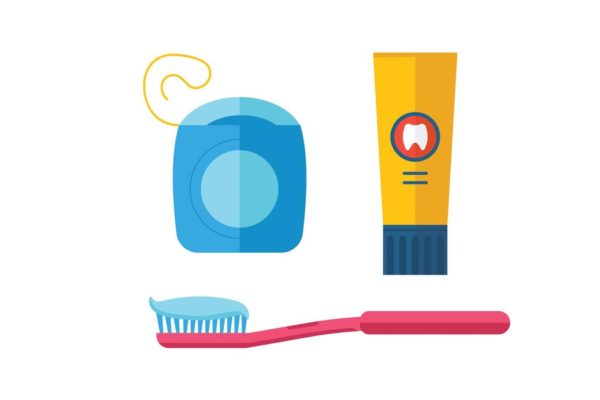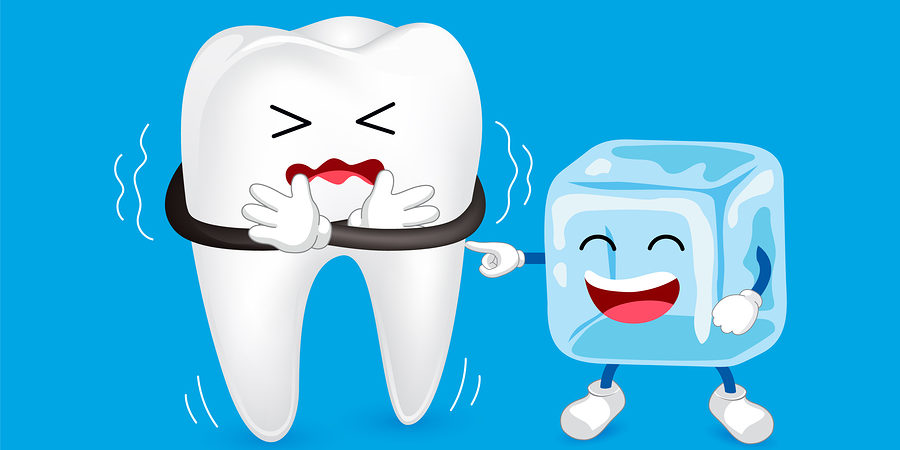Postoperative Care After Dental Work
Dr. Swetha Mohan recommends that you follow the postoperative care after dental work instructions on his website for dental services.
Postoperative Care After Local Anesthesia
Local anesthesia is utilized in order to numb your child’s mouth allowing your pediatric dentist to complete specific dental work without your child feeling pain. The effects of the local anesthetic generally last for 2-4 hours after your child’s dental services and may include numbness of:
- Cheeks
- Tongue
- Lips
- Teeth
- Gums
- Surrounding oral tissue
Duration of numbness differs for each patient during postoperative care and depends on:
- Location of injection site
- Patient metabolism
- Amount of anesthetic required for procedure

Following these postoperative care tips will help your child feel comfortable following the anesthesia:

- Monitor your child during postoperative care until the effects of the anesthetic wear off. Be sure to explain the numbing sensation so that your child will be careful not to irritate the affected area by sucking, pulling, chewing, biting, or scratching at it. These actions can cause:
-
- Lacerations
- Abrasions
- Swelling
- Bleeding
- Pain
- Do not let your child chew until the numbness subsides. If your child is hungry, stick to soft foods, such as:
- Jello/pudding
- Soups
- Applesauce
- Yogurt
- Smoothies (no straws if an extraction was performed)
- Reassure your child that the “funny feeling” will go away. Some children become frightened because the numbing sensation is unfamiliar and a little TLC can go a long way during postoperative care..
- Be proactive with pain control during postoperative care. It is normal for the injection site to be sore. If your child is generally sensitive to discomfort, you may want to administer over-the-counter pain medicine prior to the anesthetic wearing off, as it is easier to control pain before it starts.
If your child does bite his/her cheek, lip, or tongue, give age-appropriate ibuprofen or acetaminophen for pain, and place a cold compress or ice on the affected area for a few minutes. If the bleeding is severe, or if you have any questions or concerns, please contact our office.
Mouth Care After Fillings
Once the anesthetic from your child’s dental filling wears off, there is generally no pain other than the soreness at the injection site. For especially deep fillings, the tooth could have some hot/cold sensitivity for a couple of weeks.
Postoperative care for dental fillings includes:
- Follow aftercare instructions for local anesthesia.
- Avoidance of sticky, hard candies such as Jolly Ranchers, Milk Duds, caramel, and Laffy Taffy. Chewing these types of candies can affect the filling when excessive force is used to separate the teeth.
- For silver fillings, eat a soft diet for 24 hours until the fillings fully harden.
- For composite fillings, a normal diet is fine once the numbness subsides.
Mouth Care After Extractions
Children typically experience less pain and/or complications from dental extractions than adult patients do. Recovery can be affected by factors such as type of extraction (surgical or simple) and the location of the extracted tooth. Strong clot formation at the extraction site is important, so being gentle around the area is strongly recommended.
Post-extraction care includes:
- Follow aftercare instructions for local anesthesia.
- For bleeding/oozing, place gauze over the extraction site and hold or bite in place with pressure for 15 minutes. You may need to replace the gauze, however, if bleeding is not controlled after two hours, please contact our office. You may want to place an old towel or shirt over your child’s pillow in case of drooling for the first day.
- Feed your child a soft diet for the first day or two after the extraction. Crunchy foods that could lodge in the extraction site should be avoided for several days.
- Avoid carbonated beverages and do not drink with a straw for 24 hours.
- Keep tongue and fingers away from the extraction site.
- Avoid rinsing the mouth for several hours. On the second day, begin to have your child gently rinse his/her mouth with warm salt water (1 teaspoon of salt per cup of water) after each meal, if able.
- Most activities can be resumed the same day; however, strenuous activities can cause recurrent bleeding and aggravation.
- Do not spit forcefully or excessively.
- Gently brush and floss teeth as usual, but avoid disturbing the extraction site.
Use age-appropriate over-the-counter pain medication, such as ibuprofen or acetaminophen, for pain. Do not give your child aspirin.







